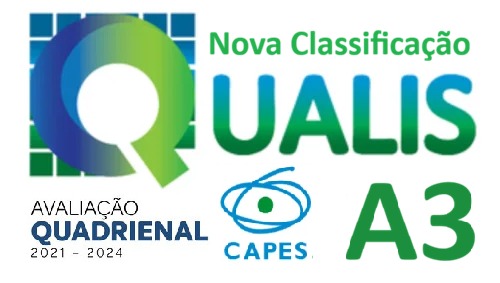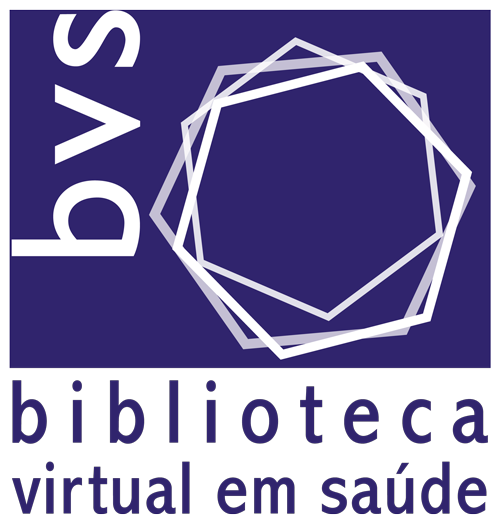An Analysis of Brazil's Situation in the The Public Attitudes toward Clean Energy (PACE) Index in regard to Nuclear Energy
DOI:
https://doi.org/10.15392/2319-0612.2024.2522Palabras clave:
The Public Attitudes toward Clean Energy (PACE) Index, nuclear energy , BrazilResumen
Research on public perception of science and technology has become a relevant practice throughout the world, and public opinion and political support for nuclear technology are local and variable across countries. The Public Attitudes toward Clean Energy (PACE) Index is the world’s largest publicly released international study on what people think about nuclear energy. Surveying is conducted by Savanta, and commissioned and analysed by Radiant Energy Group, the PACE Index was set up to track support/opposition for clean energy sources, what drives those attitudes, and how institutions can better cater to what the public wants. This paper aimed analysed the results of the PACE Index in order to evaluate the public's position in the world and in Brazil regarding the use of nuclear energy. Overall, it can be said that across the 20 countries surveyed, 46% of respondents support the use of nuclear energy and the preference for nuclear energy is larger than for onshore wind, biomass from trees, or gas with carbon capture and storage. Specifically, with regard to Brazil, it can be said that the public opposition to nuclear energy exceeds support, Reliability, Health & Safety and Climate Change are seen as an important energy attribute and the younger demographics are most supportive. In this sense, it is understood that through educational actions, scientific dissemination processes and discussions with society on the subject can help the process of public acceptance of nuclear energy.
Descargas
Referencias
CGEE. Centro de Gestão e Estudos Estratégicos. Ministério da Ciência, Tecnologia e Inovação (MCTI). Percepcão Pública da C&T no Brasil. 2019. Disponível em: https://www.cgee.org.br/web/percepcao. Acesso em: 17/06/2024.
RAZUCK, F. B.; RAZUCK, R. C. S. R. A relação entre popularização da ciência e a abordagem CTS: a importância para a educação científica. Cadernos de Pós-graduação, São Paulo, v. 23, n. 1, p. 299-306, jan./jun., 2024. DOI: https://doi.org/10.5585/cpg.v23n1.24375
RAZUCK, F. B. ; RAZUCK, R. C. S. R. A importância da Filosofia no ensino de ciências. Dialogia, 2011. DOI: https://doi.org/10.5585/dialogiaN14.2734
ROMANINI, V. ; CALDAS, P. Opinião pública e tecnologia: os impactos do Big Data nos estudos de opinião pública sob o olhar do pragmatismo. Trans/Form/Ação, Marília, v. 44, n. 4, p. 375-398, Out./Dez., 2021. DOI: https://doi.org/10.1590/0101-3173.2021.v44n4.30.p375
LEVY, D. S.; PASSOS, I. S. Education and communication to increase public understanding of nuclear technology peaceful uses. International Joint Conference RADIO, 2014. DOI: https://doi.org/10.15392/bjrs.v3i1A.85
AYLLÓN, R. M.; CASTRO, A. A. ; ROMERO, F. C.; , LEITE, L. O. C. ; FARIAS, L. A. The Neglected Role of Education in Brazilian Research Regarding Nuclear Theme versus Scientific and Technological Knowledge, Perception and Risk Communication. An. Acad. Bras. Ciênc., 94 (1), 2022. DOI: https://doi.org/10.1590/0001-3765202220200942
PACE. Public Attitudes toward Clean Energy 2023 - Public Attitudes toward Clean Energy 2023 - Nuclear. Radiant Energy Group, 2023. Disponível em: https://www.radiantenergygroup.com. Acesso em: 17/06/2024.
Descargas
Publicado
Número
Sección
Categorías
Licencia
Derechos de autor 2025 Fernando Barcellos Razuck

Esta obra está bajo una licencia internacional Creative Commons Atribución 4.0.
Licencia: los artículos de BJRS tienen una licencia internacional Creative Commons Attribution 4.0, que permite el uso, el intercambio, la adaptación, la distribución y la reproducción en cualquier medio o formato, siempre que se otorgue el crédito correspondiente al autor o autores originales y a la fuente, proporcione un enlace a la licencia Creative Commons e indique si se realizaron cambios. Las imágenes u otros materiales de terceros en el artículo están incluidos en la licencia Creative Commons del artículo, a menos que se indique lo contrario en una línea de crédito al material. Si el material no está incluido en la licencia Creative Commons del artículo y su uso previsto no está permitido por la regulación legal o excede el uso permitido, el autor deberá obtener el permiso directamente del titular de los derechos de autor. Para ver una copia de esta licencia, visite http://creativecommons.org/licenses/by/4.0/



























